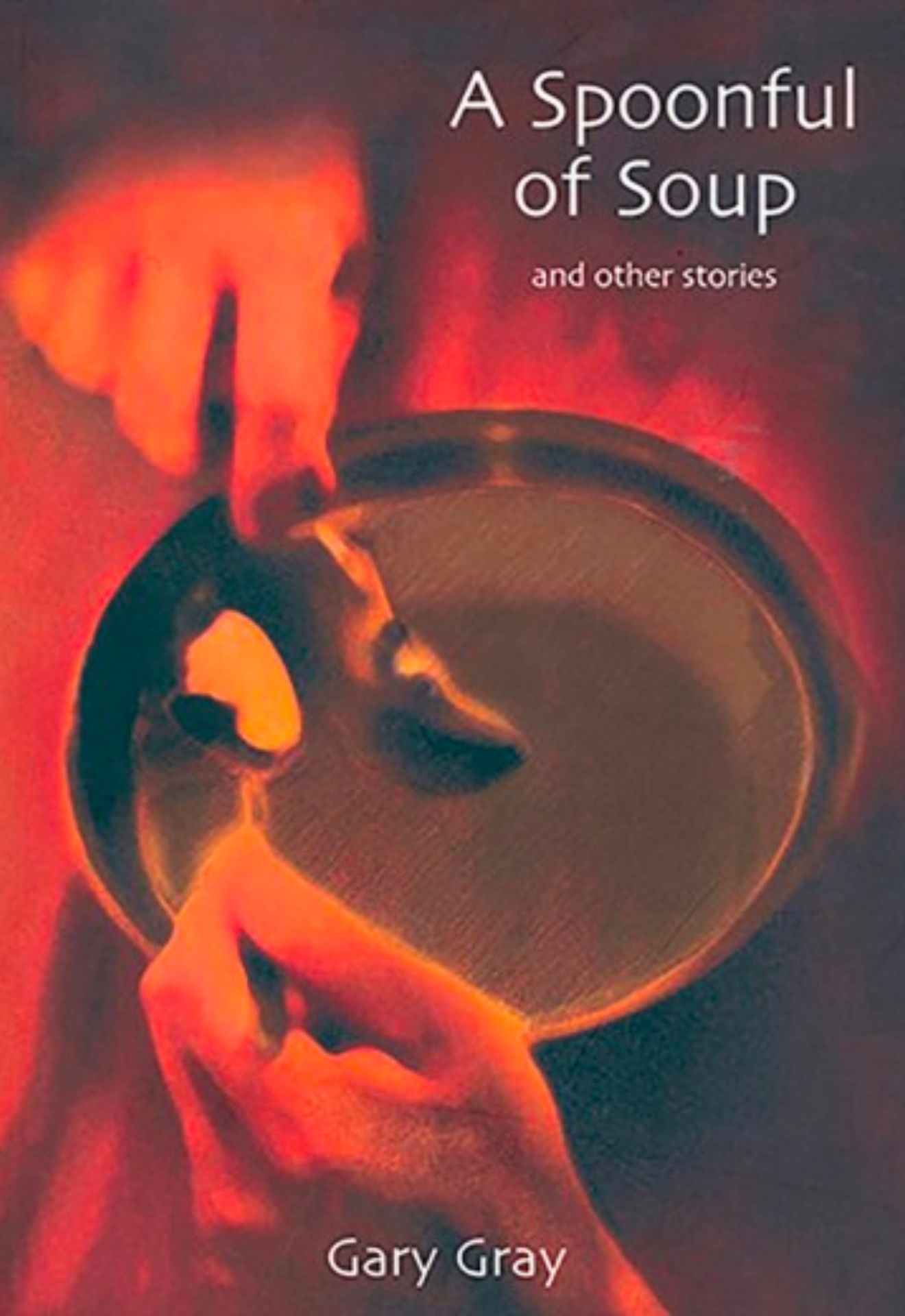|
None of us actually liked Hubert – Hubert Honig, I mean.
Years after the liberation when I heard John Kennedy’s speech and his famous ‘Ich bin ein Berliner’, my thoughts went immediately to Hubert who came from Berlin and being so proud of it, used that expression so often in our barrack 3 slave labour camp. ‘Ich bin doch ein Berliner’.
No one could give a damn whether someone from our unfortunate comrades in misery who landed here in 1942-43 came from Berlin, Paris, Brussels or Amsterdam, so being a Berliner was certainly not a kavod (honour).
“Who does he think he is, that yekke pottz (German prick)” old Pilzer used to mumble in his Yiddish-German jargon.
But you see, Hubert Honig wasn’t really a yekke pottz. In his heimat he was actually a big industrialist, in fact a high-ranking director of Krupp Worke, an industrial giant with so many plants spread right through Germany, a giant so well-known to most labour camp inmates, as so many of us had the “pleasure” of slaving in some of those plants.
Hubert himself was separated from his non-Jewish German wife, stripped from all his positions, arrested in one of those raids, sent to our slave labour camp and paradoxically finished up working in the nearby Krupp Worke plant wearing, like all of us, some dirty overalls, schlepping cement, or shovelling coal into some furnace.
Maybe our antipathy wasn’t so much attributed to his industrial background, but rather mixed with a bit of envy, especially when we saw him getting some parcels (not so unusual in 1942-43), or an occasional letter, from (as he pointed out to us so many times) some important people in Germany.
We also saw him having friendly chats with some of our guards. Someone even suggested that his German wife left him or deserted him, but this he always denied with great genuine anger – we believed him.
German inmates, rich or poor, educated or simple, never lied, this we knew, so we also believed him when he brought us from time to time some news, optimistic news.
“His news is always too good”, David Krauskopf always maintained.
My friend Yumek worked with Hubert in the same commando (work venue). He actually liked him. “Gustav”, Yumek used to confide in me, “He’s not really so bad, you have to get to know him a bit closer. At work”, Yumek continued, “he always shares with me a bit of this or that which some of the German workers used to drop secretly in his overall pocket.”
“Anyway, optimistic or not optimistic”, Yumek argued with David Krauskopf, “we need good news. Who needs bad news? Maybe good news give us false hopes, but bad news can only bring us down.”
I never participated in those predictions. I didn’t know who was right or who was not.
As a young teenager I probably didn’t comprehend the reality we were all facing. My reality was to be happy with the extra food I got from my friend Rosie and to wait for some news from mum and dad, still alive in Spring 1943, and to remember mum’s advice – “Keep clean, wash often, so you won’t get any lice.”
That was my reality and in my situation not to hard to fulfil, at least not till the end of ’43.
Maybe that is why that sudden outburst by Hubert Honig shocked me so much.
It was an April Sunday when the first, I think, transport of Dutch Jews arrived in our camp, well dressed, arriving by train, not cattle wagons, but passenger compartment trains.
“Can you see”, someone commented in our barrack, “they got them here to work. They need our labour force. Otherwise why would they have to schlep them here from the West?”
“You fools”, someone with a hysterical scream, came out from the dark corner of the barrack. It was Hubert Honig.
“Meine leute, sint sie alle verrucked? (are you all crazy), “don’t you know what they are doing? Didn’t you hear about the Wannsee decision, the Wannsee Conference a year or so ago?”
“The what conference?” our Stubenelteste (barrack head) Borenstein asked. “What are you talking about?”
“OK, I’ll tell you, but listen, and keep your mouth shut.
The Wannsee Conference in January 1942, the details of which were given to me in great confidence by my old high-position friend Rudolf, a year or so ago, was a conference where the details of total destruction of European Jewry were discussed, planned and determined.
The plan established by Heidrich with the cooperation of the Ministry of Justice, Ministry of Race and Resettlement, and the Office of Disposing of Jewish Properties, with the detailed method of concentration of Jews in ghettos, method of extraction of Jewish labour force, and with the help of the Ministry of Transportation, outlined the details of the Final Solution.
That plan even outlined the method of fooling the people with the resettlement theory, and that’s why”, Hubert continued, “they are transporting them from the West in passenger trains.”
Total silence covered the room that Sunday night when Hubert Honig turned around, pale and shaking, and climbed up onto his upper bunk and lay on his straw mattress in Barrack 3.
“What did he say?”, the voice of Borenstein asked “ was the name of that thing?”
“The Wannsee Conference”. Some other voice answered.
|




















